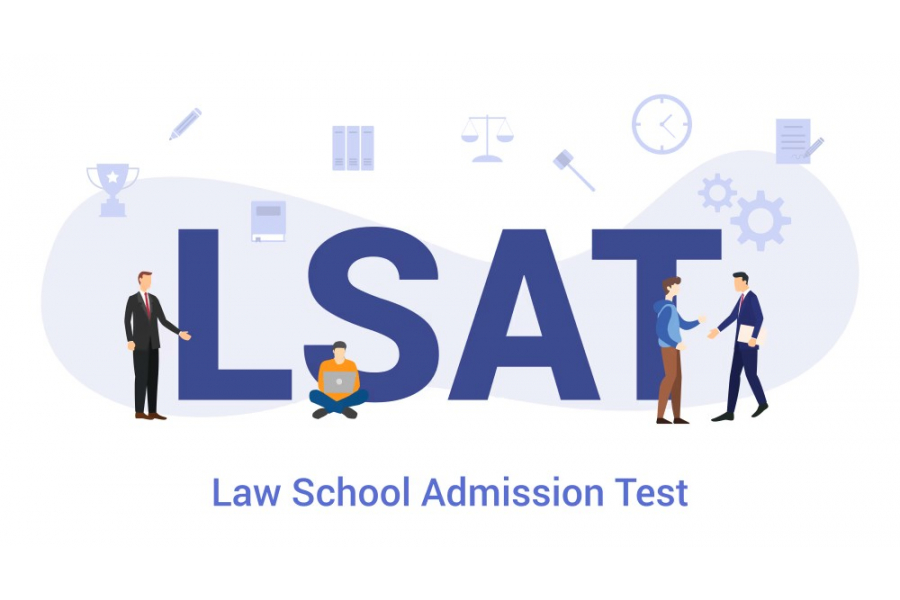Exam Structure
The LSAT is a digital exam (administered on a tablet) that typically lasts about 3 hours (excluding breaks). It is composed of the following sections:
🔹 Logical Reasoning (LR) – 2 Sections
- Measures the ability to analyze and evaluate arguments.
- Includes short passages followed by a single multiple-choice question.
- Topics span law, politics, science, daily reasoning, and abstract ideas.
- Around 24–26 questions per section.
🔹 Analytical Reasoning (Logic Games) – 1 Section
- Features structured logic puzzles (e.g., seating arrangements, group assignments).
- Tests deductive reasoning, rule application, and inference-making skills.
- Around 23 questions total.
🔹 Reading Comprehension (RC) – 1 Section
- Contains long, dense passages with multiple-choice questions.
- Topics commonly include law, social sciences, natural sciences, and humanities.
- Includes one “comparative reading” set requiring comparison between two related texts.
- Around 27 questions total.
🔹 Unscored Variable Section – 1 Section
- May be an extra LR, RC, or Logic Games section.
- Used by LSAC to test new questions for future exams.
- Students won’t know which section is experimental, so all should be treated as scored.
🔹 Writing Sample – Unscored but Required
- Completed separately online.
- Students write a 35-minute argumentative essay, defending one of two options.
- While unscored, law schools review it to assess clarity, logic, and writing ability.
Scoring System
- Scale: LSAT scores range from 120 (lowest) to 180 (highest).
- Average Score: Around 152.
- Top 25 Law Schools: Typically require 165–175.
- Scoring Method: Based on number of correct answers (no penalty for wrong answers).
- Percentiles: Your score is ranked against all other test-takers (e.g., a 170 is about the 97th percentile).
Key Takeaways
- The LSAT measures skills, not content knowledge. You don’t need legal knowledge to succeed.
- It emphasizes critical thinking, speed, and accuracy under pressure.
- Preparation is essential—students who train with expert guidance (like FenDoDo’s Harvard Law mentor, Advisor William) often see dramatic improvements in scores.





